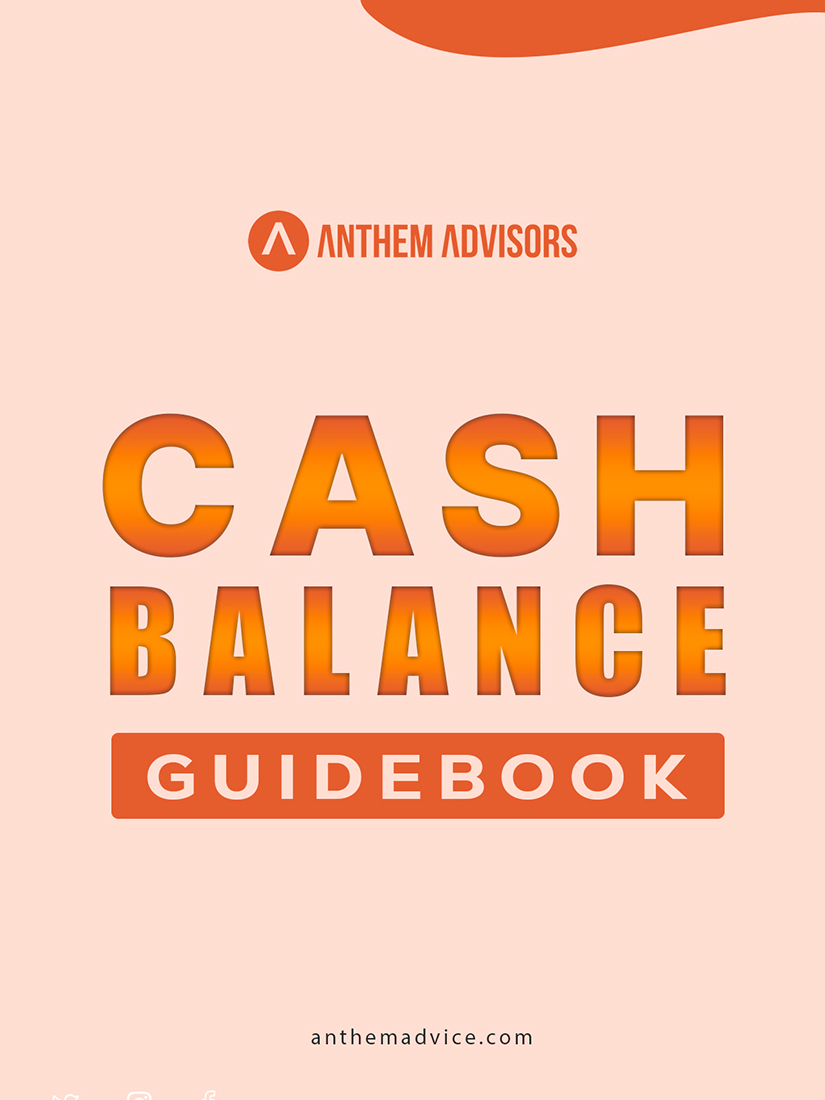Investing is a smart way to grow your money and secure your financial future. Just like regular health check-ups, your investments need regular reviews to stay on track. Whether you’re new to financial investing or have been doing it for a while, understanding the importance of portfolio reviews can make a huge difference in achieving your financial goals.
1. Aligning with Financial Goals
When you start investing, you likely have specific goals, like buying a house, saving for retirement, or traveling. However, life changes, and so do your financial goals. Regular portfolio reviews help ensure your financial investments match your current goals.
For example, you might have started investing aggressively to grow your wealth quickly. But if your goals change—like if you want to save for a down payment on a house in the next few years—you might need to switch to a more conservative investment strategy.
2. Adapting to Market Changes
The stock market can be unpredictable, with prices going up and down quickly. These changes can impact the value of your investments. A portfolio review lets you see how your investments are performing and make necessary adjustments to stay on track.
If one of your investments is not doing well because of market changes, you might decide to move your money to a better-performing asset. Keeping an eye on market trends can help you avoid losses and take advantage of opportunities.
3. Managing Risk
Risk is an inherent part of financial investing. Over time, the risk level of your portfolio can change. For instance, if the stocks in your portfolio perform well, they might become a larger percentage of your portfolio, increasing your overall risk.
Regular portfolio reviews help you manage risk by rebalancing your investments. This might involve selling some stocks and buying more bonds or other safer investments to maintain your desired level of risk.
4. Maximizing Returns
Maximizing returns is not just about picking the right investments. It’s also about making sure your portfolio stays optimized. Regular reviews help you identify underperforming assets and explore better opportunities.
For example, if a mutual fund in your portfolio is consistently underperforming, you can switch to a better-performing one. Being proactive with your investments can boost your overall returns.
5. Tax Efficiency
Taxes can take a big bite out of your investment returns. Regular portfolio reviews help you implement strategies to minimize your tax liability.
This might include selling losing investments to offset gains (a strategy known as tax-loss harvesting) or ensuring you’re taking full advantage of tax-advantaged accounts like IRAs or 401(k)s.
6. Avoiding Emotional Decisions
Investing can be an emotional roller coaster. Market ups and downs can tempt you to make impulsive decisions. Regular portfolio reviews help you stay disciplined and focused on your long-term strategy, rather than reacting to short-term market movements.
By sticking to a regular review schedule, you’re more likely to make rational decisions based on analysis, not emotions.
How to Perform Regular Portfolio Reviews
Now that you know why portfolio reviews are important, let’s talk about how to do them. Here’s a simple guide to conducting an effective portfolio review.
Step 1: Set a Review Schedule
Decide how often you’ll review your portfolio. Quarterly, semi-annually, or annually are common choices. The key is consistency. Mark it on your calendar and stick to it.
Step 2: Revisit Your Financial Goals
Start each review by looking at your financial goals. Have they changed? Maybe you got a raise, bought a house, or had a baby. Any life change can impact your financial goals, so it’s important to adjust your investment strategy accordingly.
Step 3: Analyze Your Current Portfolio
Look at how your investments are performing. Are they meeting your expectations? Compare your portfolio’s performance against benchmarks to see how well it’s doing.
For instance, if you have a mix of stocks and bonds, check how they’ve performed relative to market indices like the S&P 500 for stocks or the Bloomberg Barclays U.S. Aggregate Bond Index for bonds.
Step 4: Evaluate Asset Allocation
Review your asset allocation. This is the mix of different types of investments (like stocks, bonds, and real estate) in your portfolio. Has this mix changed since your last review?
If your original plan was to have 70% stocks and 30% bonds, but now it’s 80% stocks and 20% bonds, you might need to rebalance to get back to your target allocation.
Step 5: Check for Diversification
Diversification helps manage risk by spreading your investments across different asset classes, sectors, and geographies. Ensure your portfolio is well-diversified and not overly concentrated in one area.
For example, if most of your investments are in tech stocks, you might want to add investments in other sectors like healthcare or energy to reduce risk.
Step 6: Review Costs and Fees
Investment costs and fees can eat into your returns. Review the fees associated with your investments, like management fees, transaction fees, and expense ratios. Look for ways to reduce costs without sacrificing performance.
For instance, you might switch from a high-fee mutual fund to a low-cost index fund.
Step 7: Consider Tax Implications
Taxes are an important part of financial investing. Consider the tax implications of any changes you plan to make. Look for opportunities to minimize taxes, like tax-loss harvesting or contributing more to tax-advantaged accounts.
Step 8: Plan for the Future
Use the insights from your portfolio review to plan for the future. This might include adjusting your investment strategy, setting new financial goals, or exploring new investment opportunities.
Take Control of Your Financial Future Toda
Regularly checking your investments is super important. It helps keep your money working toward your goals, manages risks, boosts returns, and saves on taxes. By reviewing your investments on a schedule, updating your goals, and making adjustments, you ensure your money is doing its best for you. Use tools like online trackers, financial advisors, and robo-advisors to make it easier. Stay consistent and informed, and you’ll reach your financial goals in no time.
For personalized advice, contact Anthem Advisors at (305) 482-3002.









